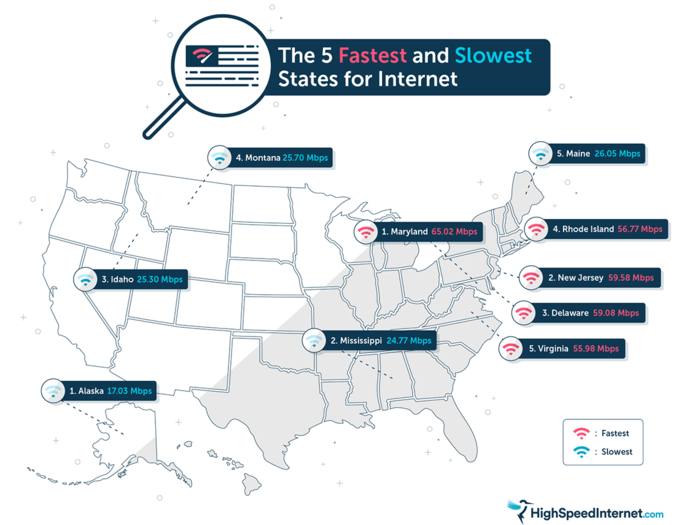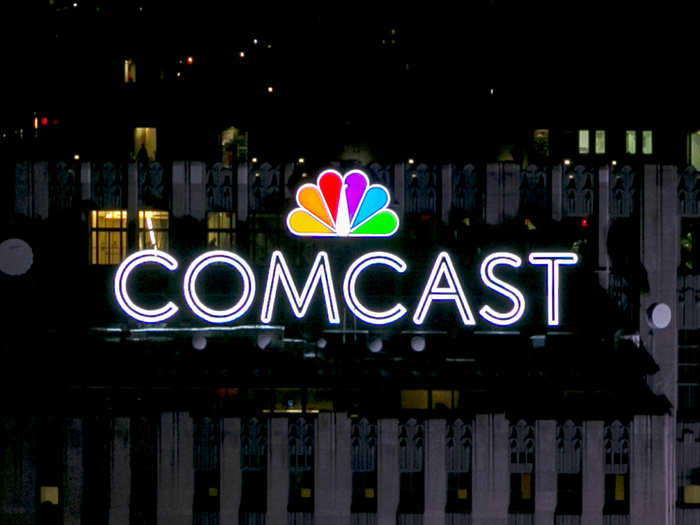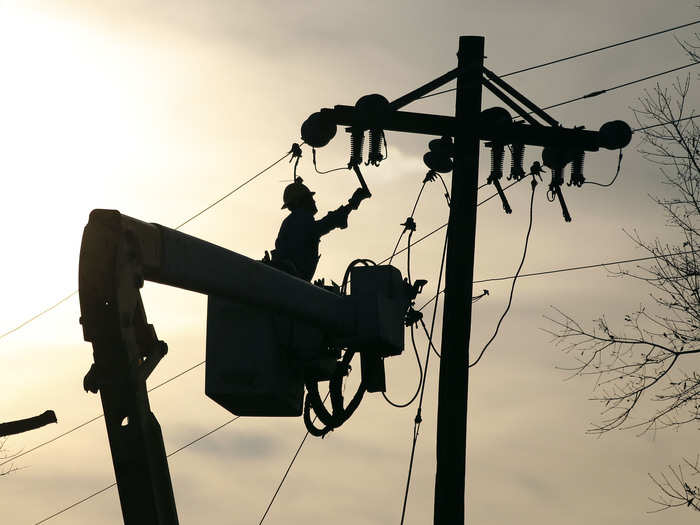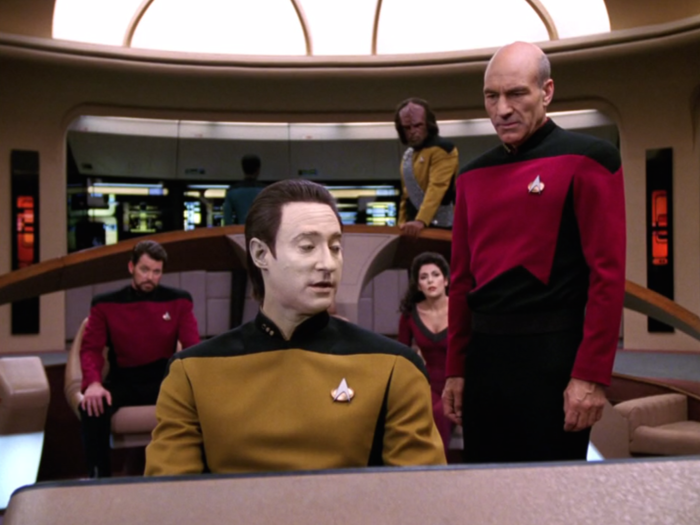2. Redefining "minimum broadband speeds" so that 100mbps down/10mbps up is the floor.
Calling for "high-speed broadband" doesn't mean much if your definition of "fast" internet is stuck in the past. The current FCC minimum to be considered broadband is 25 Mbps down/3 Mbps up.
It works, and it gets the job done well enough, but it's a slouch compared to many other parts of the world. Under this proposal, the FCC would increase its minimum to 100 Mbps down/10 Mbps up.
It's a little detail that makes a big difference in the broader plan, as it guarantees a base level of internet speed that makes using the internet a far easier process.
3. Breaking up companies that offer internet service and provide content — like Comcast and Verizon.
Over the past several decades, the telecommunications industry has consolidated into a few major players who provide internet access, and those companies have, in turn, merged with the major media companies. The resulting giants will sell you the internet and cable service you use and provide the content that runs on those services.
Under the Sanders proposal, these conglomerates would be broken apart.
Rather than the FCC, the proposal says Sanders would use "existing antitrust authority" to dismantle "internet service provider and cable monopolies." Moreover, he would "bar service providers from also providing content."
Comcast, which owns NBC, would likely have to unwind that purchase. AT&T, which owns WarnerMedia (HBO, Turner, Warner Bros.), would likely have to unwind that purchase.
4. Providing $150 billion to create "publicly owned and democratically controlled, co-operative, or open access broadband networks."
While enforcing regulations on major internet service providers, the proposal includes a major expenditure: $150 billion to create "the necessary resilient, modern infrastructure" for high-speed broadband that's widely available and affordable.
The money is part of the broader Green New Deal initiative, and is intended for "municipalities and/or states to build publicly owned and democratically controlled, co-operative, or open access broadband networks."
One major condition is included: Grants from the funding must go "toward creating good-paying union jobs," and come with rigorous standards.
5. Ending data caps and speed throttling.
Another notable detail in the proposal: Putting an end to data caps and speed throttling.
As people stream more content and download larger, higher-definition movies, TV shows, and games, they use more data. Just as that amount has increased, some internet service providers have begun placing caps on users — 200 GB per month, for example. If you go over your cap, there's a chance you'll get slapped with a charge.
In some cases, your provider may even "throttle" your service speed in an attempt to dissuade use. The proposal from the Sanders campaign explicitly calls for the elimination of both practices.




